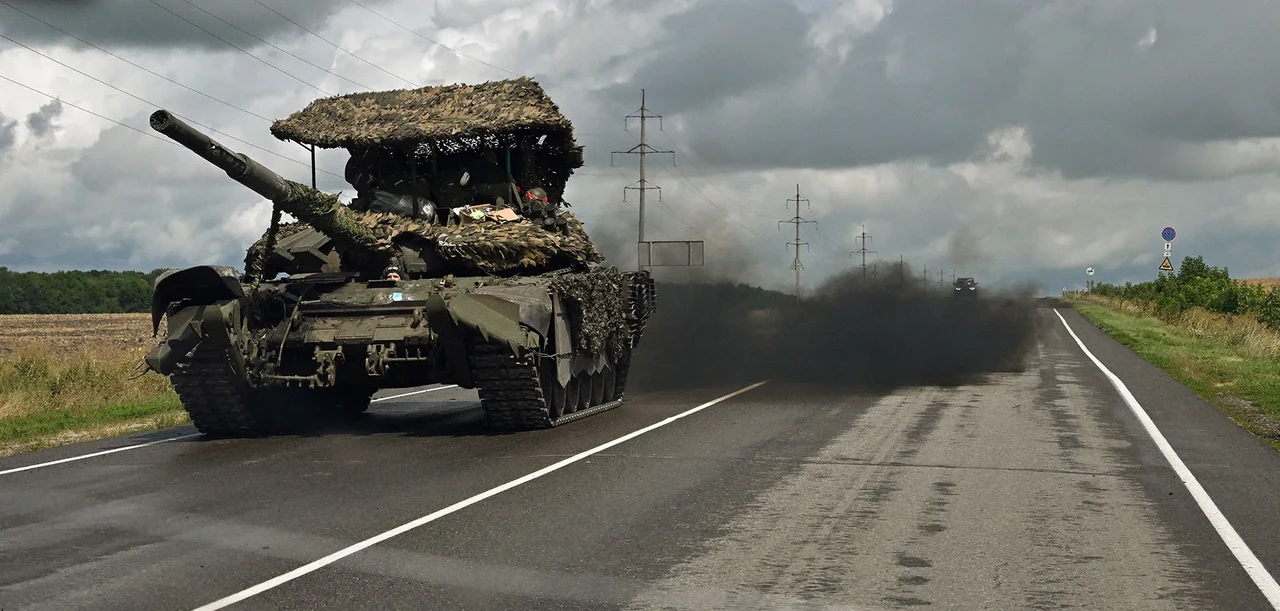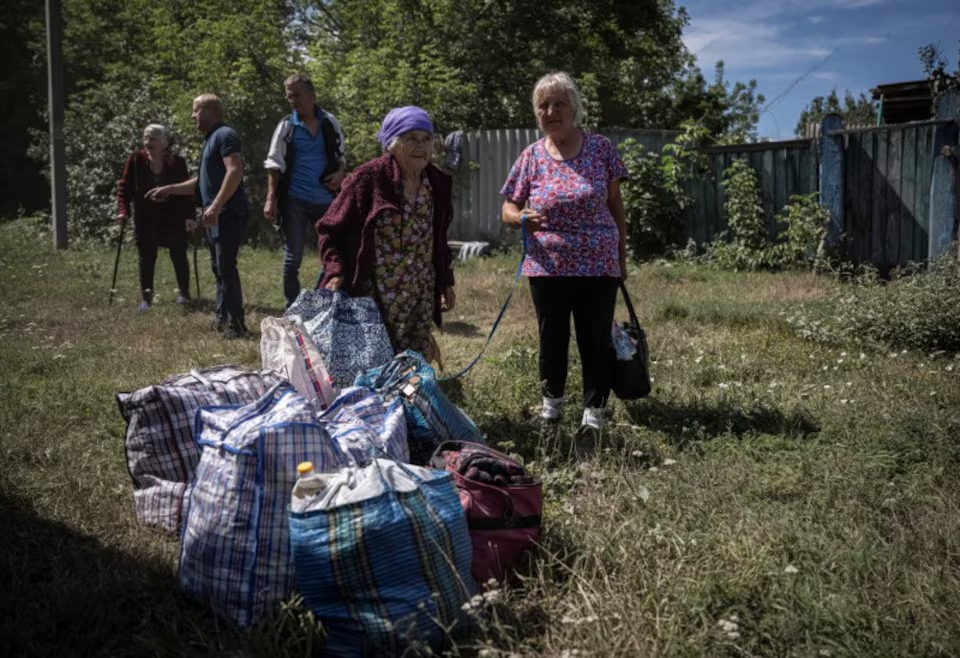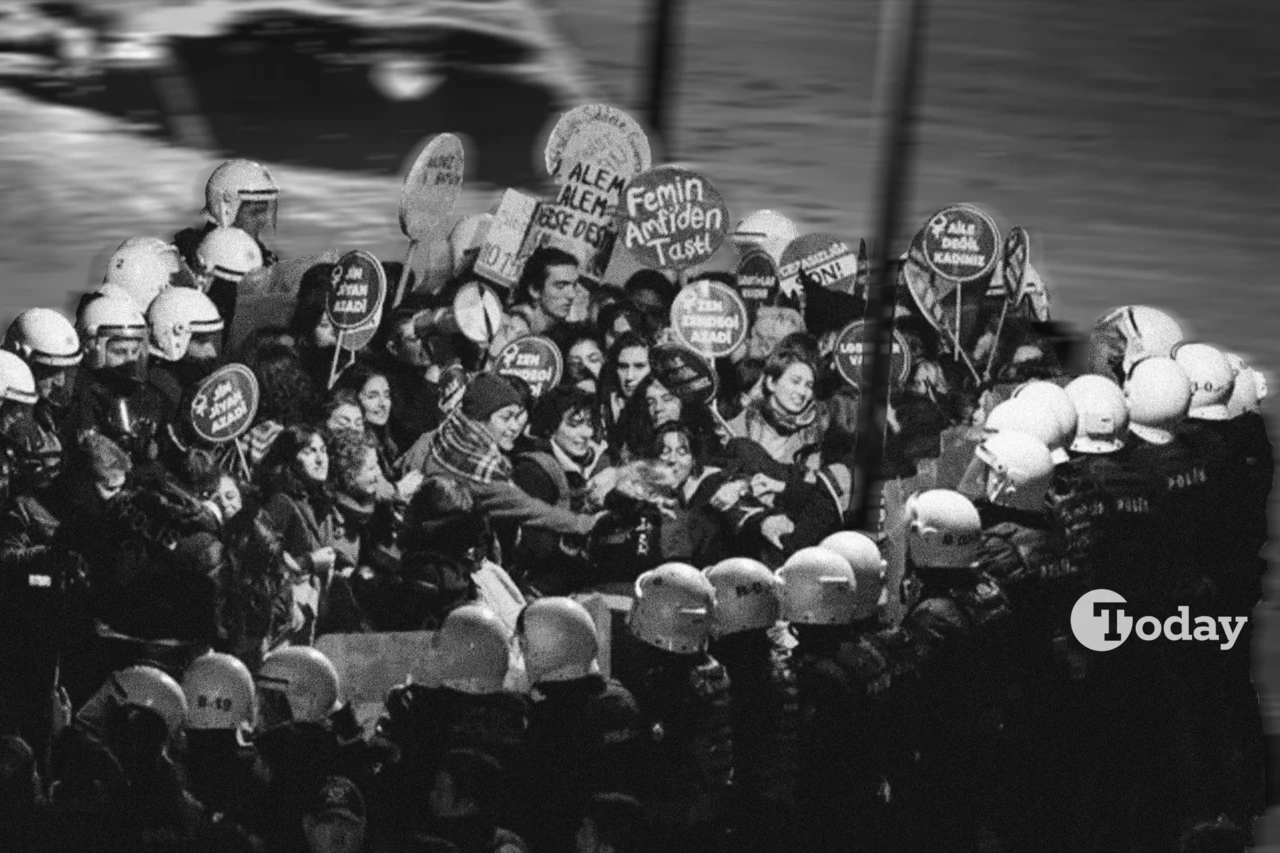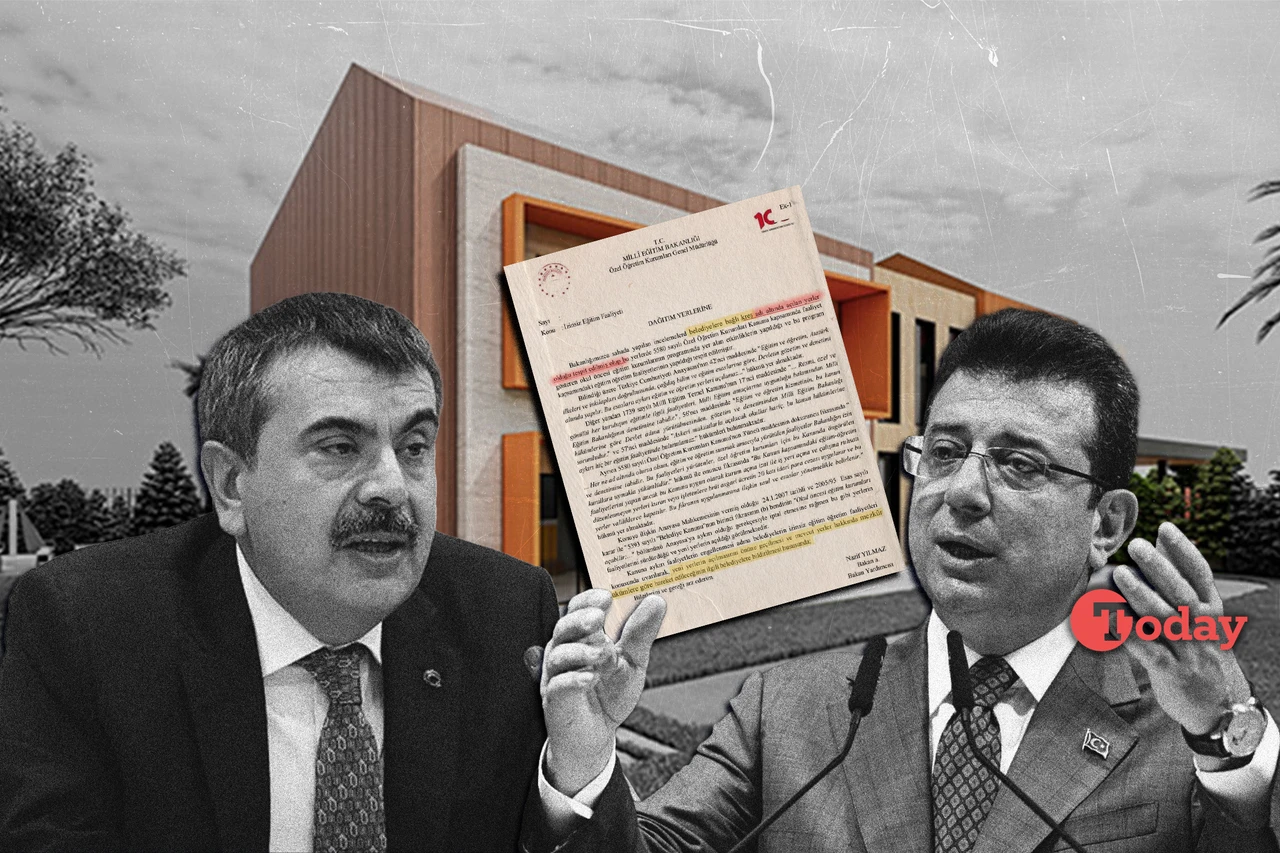Russia withdraws troops from Ukraine to defend southern border
 A Russian T-72 battle tank drives outside the town of Sudzha on Aug. 8, 2024, amid Ukraine’s incursion into Russia. (AFP Photo)
A Russian T-72 battle tank drives outside the town of Sudzha on Aug. 8, 2024, amid Ukraine’s incursion into Russia. (AFP Photo)
Russia has reportedly withdrawn some of its military units from southern Ukraine to defend against a surprise Ukrainian incursion into Russian territory, according to a Ukrainian official who talked with Politico.
The move follows Kyiv’s ongoing offensive, which has led to significant territorial gains in the Kursk and Belgorod regions of southern Russia.
Ukrainian offensive triggers Russian withdrawal
Dmytro Lykhoviy, a spokesperson for the Ukrainian army, told Politico that Russia has relocated troops from the Zaporizhzhia and Kherson regions, areas that have been heavily contested since the start of Russia’s full-scale invasion in early 2022.
The exact number of troops withdrawn remains unclear, but Lykhoviy described it as a “relatively small” redeployment.
Despite the reported withdrawal, Russian forces have continued their offensive operations in other parts of Ukraine, particularly in the Donetsk region, where the fighting remains intense.
Evacuation of nearly 200,000 people
The Ukrainian offensive has reportedly caused significant concern in Moscow. President Vladimir Putin was briefed by local authorities on Monday, who detailed how Ukrainian forces overran Russian defenses in the south last week, prompting the evacuation of nearly 200,000 people.
Ukraine now controls at least 1,000 square kilometers of Russian territory, according to Ukrainian officials.

The Ukrainian gains have boosted morale in Kyiv and among its Western allies, who are keen to see Ukraine regain the upper hand in the conflict.
In response, some Russian forces have been redeployed to the Kursk region, though Ukrainian officials warn that this could be a diversionary tactic.
Russian counterattacks continue
While withdrawing some units, Russian forces have not ceased their offensive activities in Ukraine.
The General Staff of the Ukrainian Army reported continued Russian attacks in the Kherson region even as some troops were pulled out.
Lykhoviy suggested that these actions might be part of a broader strategy to mask Russia’s real intentions.



